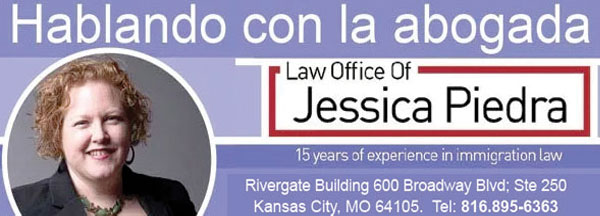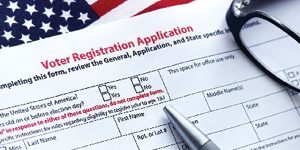
We now have new rules for all permanent resident applications through family – both inside the US and outside at the US Consulates. The focus has shifted to the immigrant and whether they will be able to support themselves and pay for any medical treatment they may need.
Let’s focus on Consular Processing for now. Immigrants process through the US Consulate or Embassy if they are living abroad or if they are not eligible to adjust their status. This is usually because they entered the US without a visa.
In the past, the US government only looked at the family member who was sponsoring the immigrant’s taxes. Sometimes a co-sponsor was needed, but the only requirement for that person was that they were a US citizen or Legal Permanent Resident.
Now, we have a new “totality of the circumstances” test focusing on the immigrant. This new test will consider the immigrant’s age, health, health insurance, family size, income, education and skills, assets and liabilities. Public benefits are also an issue, but only those received by the immigrant, not the family members. The Affidavit of Support from the family member will continue to be important. Also, any co-sponsor will need to submit an additional statement acknowledging the promise to help support the immigrant and explain their relationship.
The new form DS-5540 asks questions about the immigrant’s income for the last three years and requires that copies of the immigrant’s tax returns be submitted. It is more important than ever that families file their tax returns correctly.
It is critical to stay up-to-date on the latest rule changes. If the Consulate decides that an immigrant is a “Public Charge,” the immigrant could be stuck outside of the US for a long time. If they had filed a I-601A provisional waiver before leaving to the Consulate, it will be revoked and they will have to re-file and wait outside the US 1-2 years for it to be decided. Don’t risk your family being separated. Call us today to make an appointment to discuss your case at 816-895-6363.
Cargo público y procesamiento consular
Ahora tenemos nuevas reglas para todas las solicitudes de residencia permanente a través de la familia, tanto dentro como fuera de los EE. UU. en los Consulados de EE. UU. El enfoque se ha centrado en el inmigrante y en si podrán mantenerse y pagar el tratamiento médico que puedan necesitar.
Centrémonos en el procesamiento consular por ahora. Los inmigrantes procesan a través del Consulado o la Embajada de los Estados Unidos si viven en el extranjero o si no son elegibles para ajustar su estado. Esto generalmente se debe a que ingresaron a los Estados Unidos sin una visa.
En el pasado, el gobierno de los Estados Unidos sólo miraba los impuestos del miembro de la familia que patrocinaba el inmigrante. A veces se necesitaba un copatrocinador, pero el único requisito para esa persona era que fuera ciudadano estadounidense o residente legal permanente.
Ahora, tenemos una nueva prueba de “totalidad de las circunstancias” centrada en el inmigrante. Esta nueva prueba considerará la edad, salud, seguro de salud, tamaño de la familia, ingresos, educación y habilidades del inmigrante, bienes y deudas. Los beneficios públicos también son un problema, pero sólo los que recibe el inmigrante, no los miembros de la familia. La declaración jurada de apoyo del miembro de la familia seguirá siendo importante. Además, cualquier copatrocinador deberá presentar una declaración adicional que reconozca la promesa de ayudar a apoyar al inmigrante y explicar su relación.
El nuevo formulario DS-5540 hace preguntas sobre los ingresos del inmigrante durante los últimos tres años y requiere que se presenten copias de las declaraciones de impuestos del inmigrante. Es más importante que nunca que las familias presenten sus declaraciones de impuestos correctamente.
Es fundamental mantenerse actualizado sobre los últimos cambios en las reglas. Si el Consulado decide que un inmigrante es un “Cargo Público”, el inmigrante podría estar atrapado fuera de los Estados Unidos por mucho tiempo. Si habían presentado una exención provisional I-601A antes de salir al Consulado, se revocará y tendrán que volver a presentarla y esperar fuera de los Estados Unidos de 1 a 2 años para que se decida. No arriesgues que tu familia se separe. Llámenos hoy para hacer una cita para discutir su caso al 816-895-6363.










